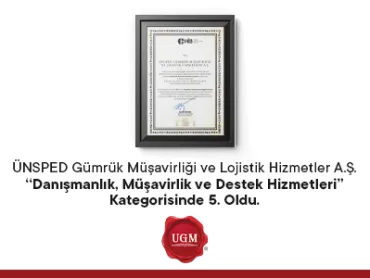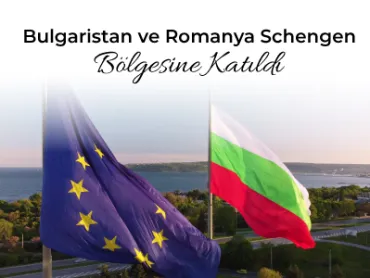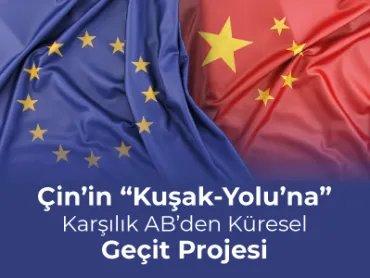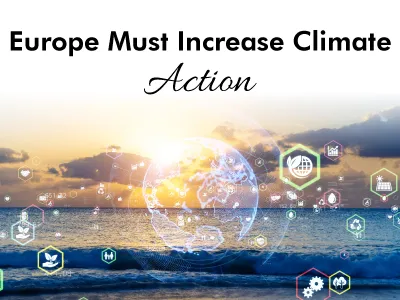
Europe Can Reap Big Rewards on Energy Security by Boosting Climate Action.
Meeting Europe's emission reduction targets: A Potential 8% Boost to Energy Security Benchmarks by 2030.
Russia's invasion of Ukraine triggered Europe's worst energy crisis since the 1970s and put energy security back at the top of the policy agenda. Policymakers responded by securing alternative sources of natural gas, improving energy efficiency, and rapidly expanding renewable energy sources. They also emphasized that reducing greenhouse gas emissions would mitigate climate change and strengthen energy security. However, skeptics have nonetheless argued that this approach would increase the cost of energy, more rapidly eliminate safe (albeit dirty) domestic coal, and ultimately undermine the continent's energy security.
But which argument is correct?
New research shows that Europe's increased climate action also significantly benefits energy security. It also assesses the impacts of climate action on energy security in a global economic model involving multiple countries and sectors. This model simulates the effects of policies to reduce emissions on two key security measures.
The first measure, security of supply, is a practical tool that combines a country's energy import dependence with the diversification of those imports to assess the risk of an energy supply disruption. The second measure, the economy's resilience to an energy disruption, is represented by the share of gross domestic product spent on energy, providing a tangible indicator of a country's ability to withstand such shocks.
Strikingly, the analysis reveals that Europe's energy security deteriorated in the decades before Russia's invasion of Ukraine as countries became increasingly dependent on imports from fewer suppliers.
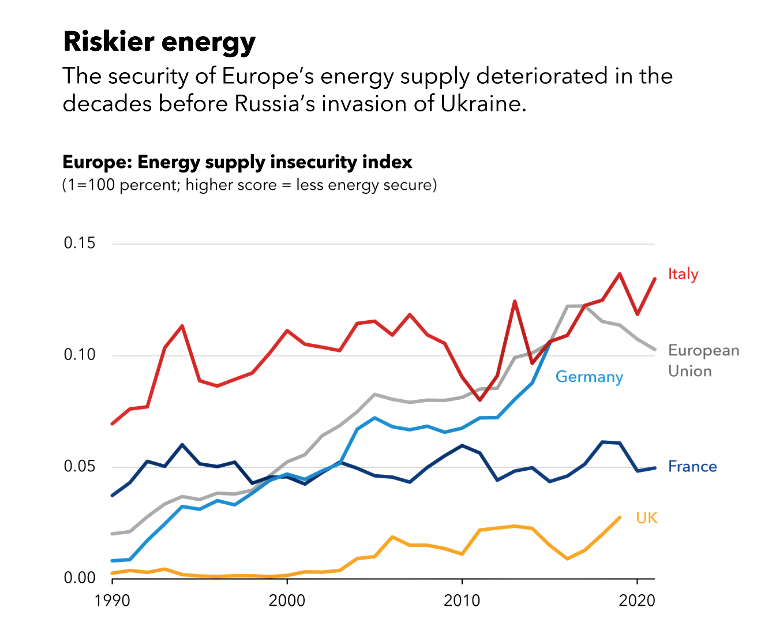
The Process of Packaging Climate Policies
A climate policy package that includes all these instruments is the most promising way forward, as it combines the economic efficiency of carbon pricing with the more significant and equally shared energy security benefits of regulation.
Specifically, a package of measures improves energy security in three ways. First, it reduces import dependency by replacing imported fossil fuels with domestically generated renewable electricity.
Second, since European countries predominantly trade electricity with their European neighbors, it diversifies individual economies' energy imports from non-European to European suppliers through more significant deployment of renewable energy sources and, in particular, electrification of end-uses such as vehicles and home heating systems.
Third, it reduces energy expenditures because efficiency investments reduce demand, and accelerated renewable energy use increases energy supply, both of which lead to lower energy prices. This more than offsets the higher cost of higher carbon pricing.
With your decisive action, a clear policy package that reduces emissions by 55 percent compared to 1990 levels would improve the two energy security metrics by around 8 percent by 2030 for Europe as a whole. Your role as policymakers is crucial in shaping a more secure and sustainable energy future.
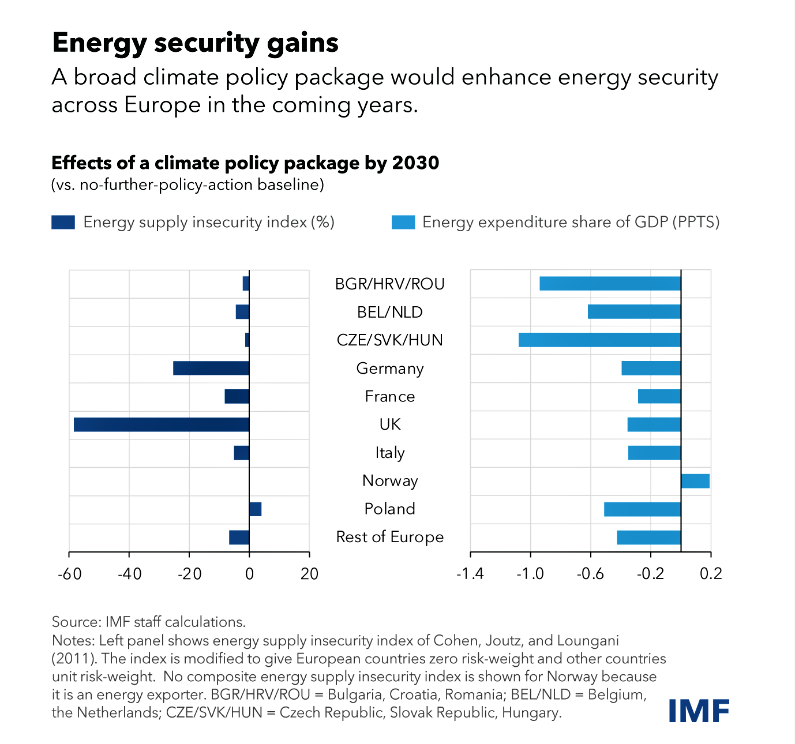
Consistent with the “Fit for 55” agenda for the European Union, this package will reverse 13 years of worsening economic resilience to energy disruptions and eight years of declining security of energy supply. These gains will increase as Europe continues to push its climate policy actions beyond 2030.
Multilateral Cooperation
The simulations also support the case for solid multilateral cooperation within Europe, given that countries differ in energy security gains and emission reduction costs (reflecting factors such as current energy intensity, energy mix, and potential for renewable energy generation). A typical facility to pool resources and coordinate green investments at the EU level could accelerate the green transformation at low cost while distributing the gains more equitably, including taking advantage of cheap mitigation options in developing EU Member States.
The completion of the EU's energy union strategy is a case in point: better interconnection of national grids would lower costs and help individual countries import electricity from other member states in case of local blackouts, increasing energy security for all.
At a time when the momentum behind climate action risks waning, it is crucial for European policymakers to recognize the shared responsibility and collective action needed. By accelerating individual emission reduction policies as planned and strengthening their cooperation, they will not only remain global leaders on the path to net zero emissions by 2050, but also secure abundant and secure energy supplies to strengthen their economies well into the future.
 Back
Back
